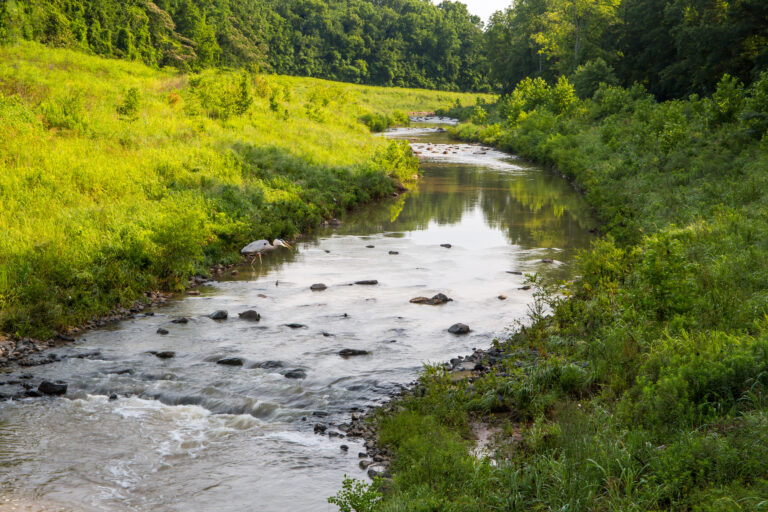In a Press Release from The European Academies Science Advisory Council, EASAC, science academies urge Member States to help protecting nature, climate and sustainable agriculture. The measures proposed by the law are of vital importance for food security, biodiversity and the climate. The law is a unique opportunity to reward farmers for provision of eco-system services. Sustainable ecosystems promote European food-security and the economic interests of farmers.

EASAC urges EU Member States not to suspend or even scrap the nature restoration law. “Adopting the EU Nature Restoration Regulation is important to address the severe biodiversity and climate challenges Europe faces. It is also of vital importance for the well-being and sustenance of farmers and land managers since functioning ecosystems are the foundation of farming and other economic activities in agricultural and forested landscapes”, says Professor Thomas Elmqvist, EASAC Environment Co-Director.
Law no threat to food security
Europe’s leading scientists cast doubt on the arguments put forward by opponents of the law. In two major recent reports on regenerative agriculture and integrated pest management (links below), EASAC scientists have shown that it is possible to maintain yields while reducing environmental impact and improving biodiversity. “Claiming that measures in the Farm to Fork Strategy threaten food security is false. However, implementing the necessary measures may affect the narrow business interests of certain major stakeholders in the agribusiness industry – such as sales of pesticides and fertilisers – which has led to sustained campaigns against the law”, says Professor Michael Norton, EASAC Environment Co-Director.
An opportunity to reward farmers for eco-system services
In its reports, EASAC supports proposals to direct subsidies towards aiding farmers in transitioning to sustainable practices that will address climate and biodiversity crises. “The new law would provide a unique opportunity to mobilize efforts and resources for the restoration of nature and for the people involved. Farmers should be rewarded for engaging in practices that benefit the environment and contribute to the health and wellbeing of both people and ecosystems,” explains Elmqvist.
EASAC urges dissenting or abstaining Member States to reconsider their position and take into account the best available scientific evidence and champion the law. “We ask all EU Member States to go ahead and forge a path, ensuring all stakeholders are on board and active in the implementation, with a holistic system perspective guiding restoration activities, including food safety and food security,” concludes Norton.
Background:
Over 80% of European habitats are in poor shape. But there is hope: at the end of February 2024, the European Parliament endorsed the EU Nature Restoration Law, which is an essential contribution to fulfil international climate and biodiversity agreements, e.g. the Kunming-Montreal Biodiversity Framework. For the first time ever, the law lays down clear targets for the restoration of degraded ecosystems across all Member States, thereby contributing to the achievement of the EU’s climate and biodiversity objectives while enhancing food security. After a deal had been struck in November, and subsequent green light by the European Parliament, the law has been taken off the agenda of the Council of the EU for not having the support of the required majority of Member States.
Links
EASAC 2022, Regenerative Agriculture in Europe
EASAC 2023, Neonicotinoids and their Substitutes in Sustainable Pest Control
Contact
Professor Thomas Elmqvist
Co-Director Environment Programme
thomas.elmqvist@easac.eu
Professor Michael Norton
Co-Director Environment Programme
michael.norton@easac.eu
General enquiries:
Sabine Froning
EASAC Communications Advisor
+49 15208727000
About the European Academies’ Science Advisory Council (EASAC)
EASAC is formed by the national science academies of the EU Member States, Norway, Switzerland and United Kingdom, to collaborate in giving advice to European policymakers. EASAC provides a means for the collective voice of European science to be heard. Through EASAC, the academies work together to provide independent, evidence-based advice to those who make or influence European policies within the European institutions.
